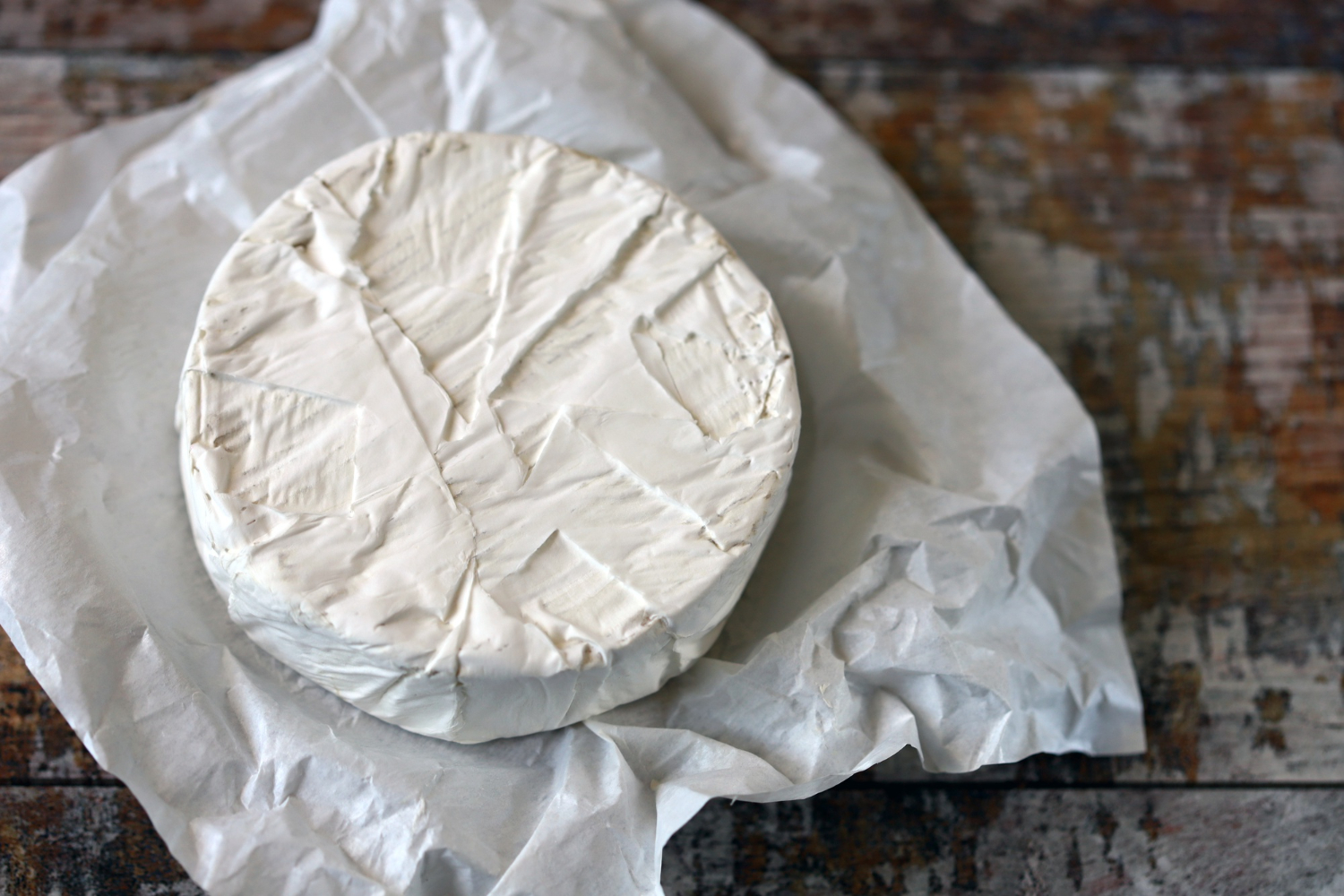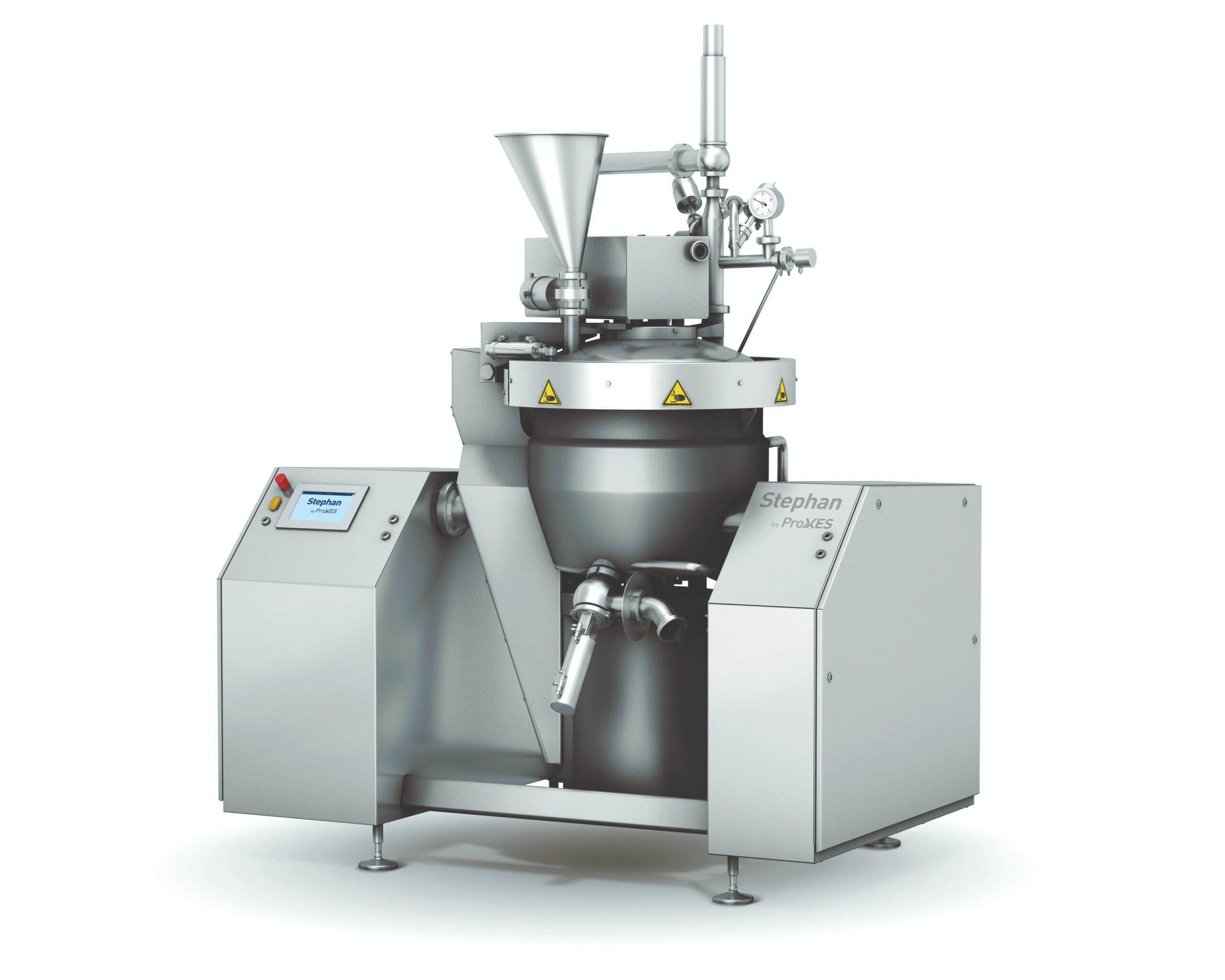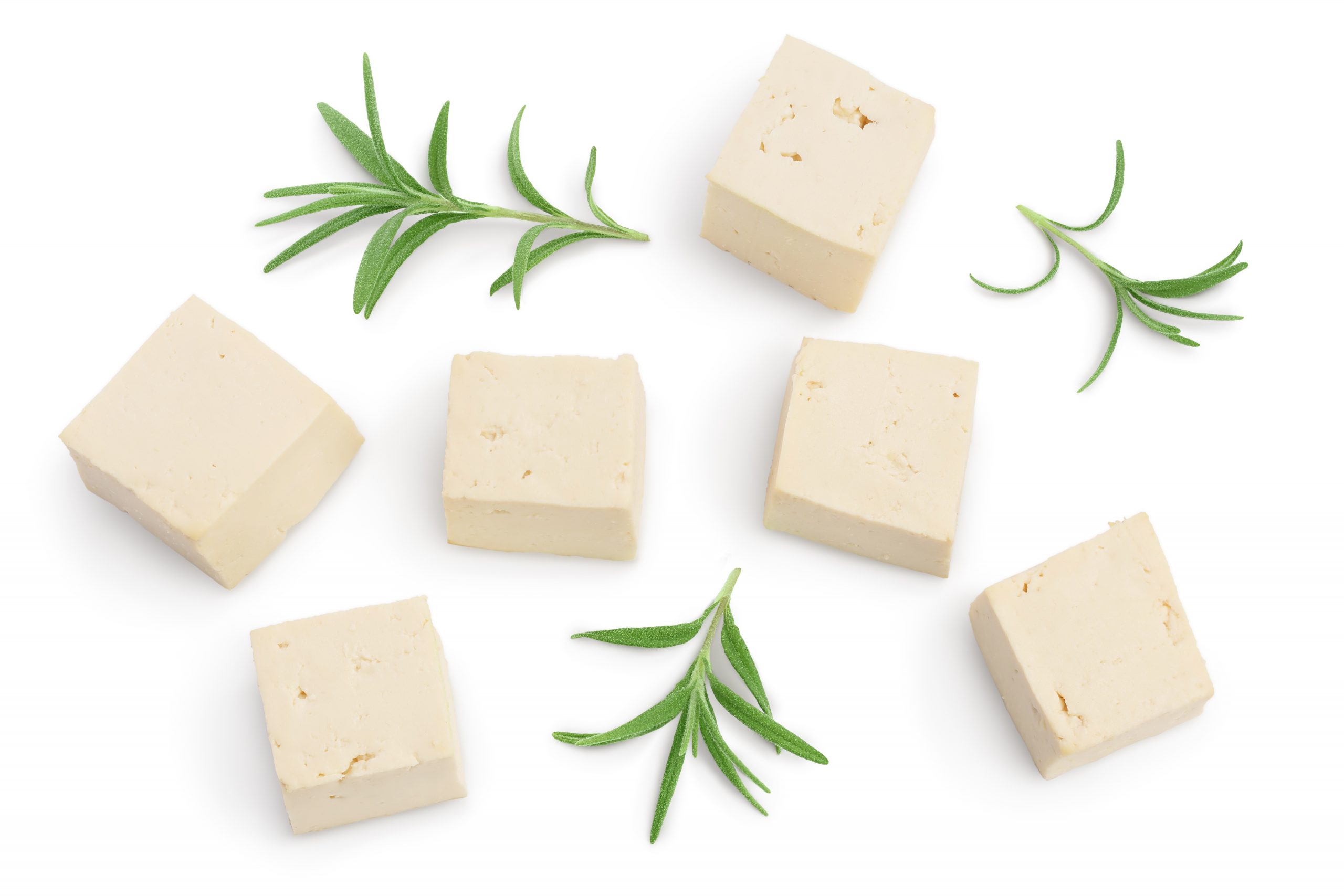From the kitchen counter to industrial production: How to master texturing of vegan specialties
New recipes are often created on kitchen counters. This is also true for innovative vegan specialties: They frequently go back to unique recipes developed by a single cook or kitchen team.
But translating a small-scale recipe, developed in a food lab environment, into an industrial product without altering the formula is a challenge. A manufacturing plant introduces a whole set of variables absent in kitchen-counter production.

Letting the processing experts chew on it
This is when Jens Thiele and his technology experts at ProXES come in. They help producers chart new processing terrain by designing commercial-scale manufacturing lines that keep the original recipe intact.
In the case of an artisanal producer of vegan cheese, the engineers designed custom solutions for milling the raw material, such as cashews or almonds, into fine particles. This approach gave their customer greater control over the base structure, enabling them to create the exact textures they envisioned.
“We determined the ideal particle size for the customer’s specific product type – down to a minimum of 30-40 microns,” explains Thiele. Anything smaller produces a clumpy mouthfeel, while a coarser grind leaves a gritty sensation.
Playing with water to define texture
But food texture is not dictated by particle size alone. Moisture content is another critical factor. Water regulates particle interaction: whether they can hold together and what pressure breaks them off.
Moisture levels, though, vary per material. Distinctions exist even between the same class of ingredients. For instance, caution is advised when producers use a combination of drupes like cashews and almonds for bases. “The oily almond requires different moisture treatment from the dry cashew,” the processing specialist at ProXES points out. “Almonds can be ground into very fine pastes if the nuts are dry enough. Cashews, on the other hand, must be processed with water as they have a lower oil content.”
Expertise in ingredients and processing
ProXES combined expert knowledge of food and processing technology, to help the manufacturer grow from lab to industrial scale, co-creating new categories of plant-based specialties along the way. The vegan cheese producer adapted the manufacturing process to obtain distinct creaminess, stretchability and bite textures.
But the true recipe for success is the delicious synergy between the food companies and the processing experts. It can transform even homemade recipes into a marketable range of plant-based foods.

